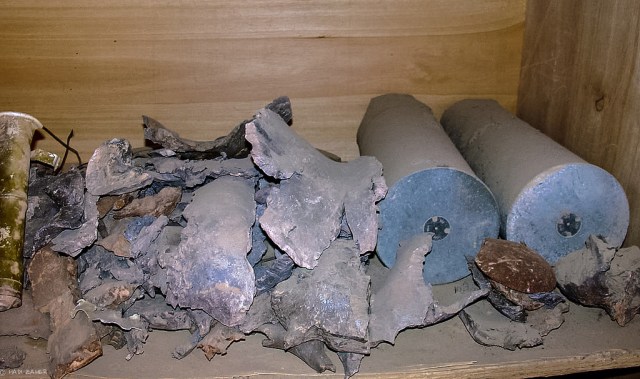I visited Afshar before the war. It was a poor but flourishing neighborhood on the slopes from where we had panoramic views of Kabul. The families living in Afshar were poor. Most of the men worked in the markets, some worked for the government, some were soldiers and officers.
There was a government in Kabul at the time. It was calm and quite at the time. I remember that the Kabuli women wore short skirts with bare legs. I saw many of them at the bus stations and on the streets. I wondered if they wore anything underneath but I could not know.

Your aunt Fazlamad’s mother lived there, so did your Babayٓ Aatay Azizulla, as did Mamoor Abdurrahim and many many other relatives.
When I visited your aunt before the war, we stayed at her house. She lived up a narrow street. Their house had three rooms, a large living area, one space for the guests, and a kitchen like area in the middle. We ate dinner on her rooftop and I spent the evening staring at the city-lights that were visible as far as I could see. I had never seen so many lights before.
We were refugees at the time of the massacre in Afshar. We heard the horror and the stories a long time later. Aatay Azizullah fled at night and crawled through a line of tanks. Your aunt and her family took refuge in the basement of the nearby hospital. Mojahideen fired rockets at the hospital and hit the basement, which at the time was full of families that had just fled their homes. The rocket killed many in the basement, and injured many others. Your cousin Ilham was hit in the leg. Fazlamad later told us that after the rocket hit the hospital there was so much blood on the floor that his feet were drenched in it.
They told me many horror stories from that massacre but I am old now and I do not recall them all. One family lost all their men when the father was killed at their home and the three brothers were killed in their shop in the Afshar bazar. Another family fled and had to leave their young child behind. Another family was killed and their bodies thrown into the well in their family home. For many others, the women were allowed to leave but their men and young girls were taken away and never found again. Aatay Azizullah said he had come face to face with a Sayyafi soldier who carried a sword soaked in human blood. Afshar was cleansed. There was not one home left intact and there was not one family left behind. I wish I remembered the other stories they told me.
From there the survivors fled west and eventually into the mountains. Some fled to Quetta, others went to Mazar and Jaghori.


